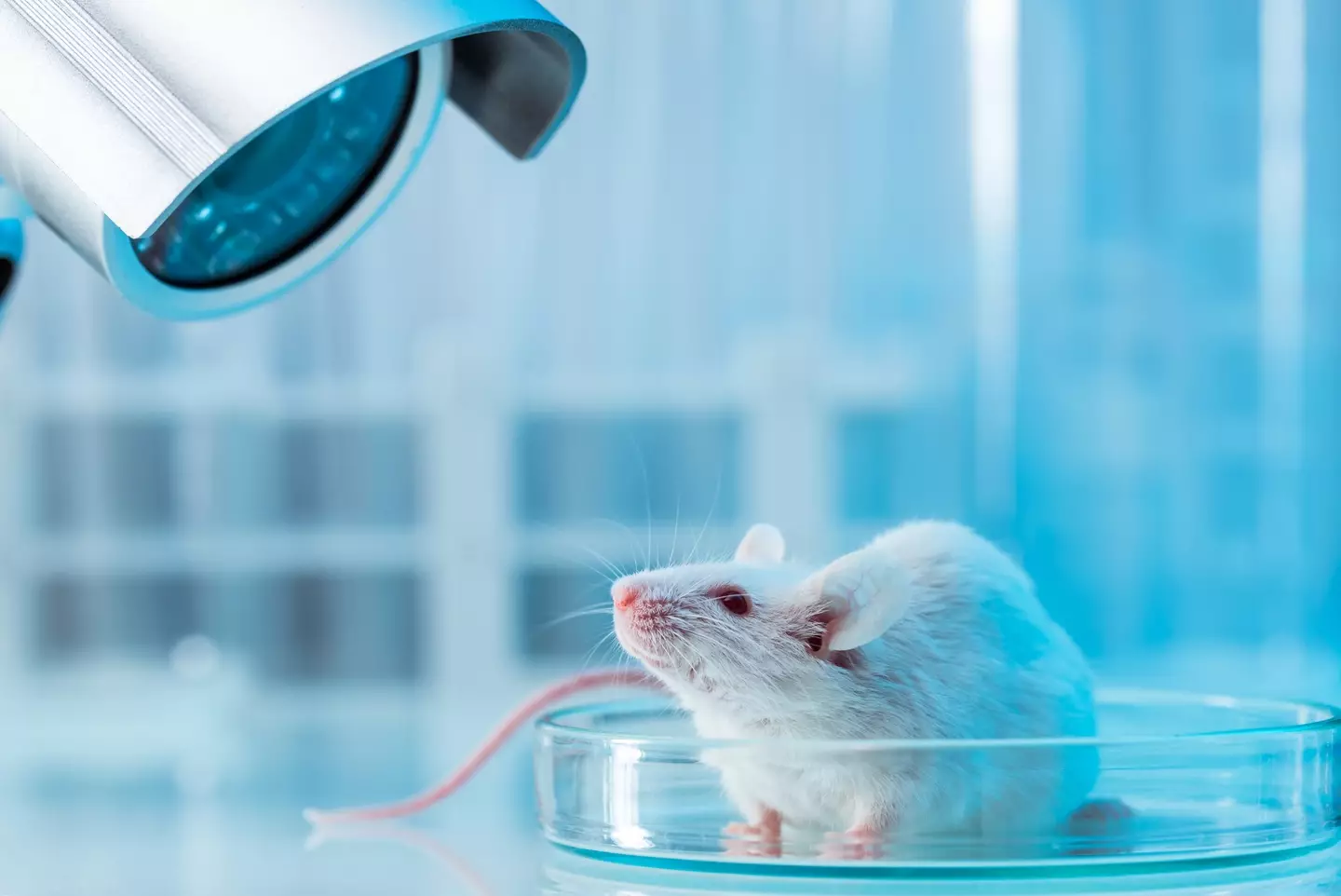
Kick starting this with a morbid fact, life is finite. But, what if you could extend your life, and enjoy more precious moments with your loved ones?
Well, the good news is that scientists believe they might have found a way of extending human life, as well as offering some other health benefits, according to the research coming out of the Max Planck Institute for Biology of Ageing.
The study, cited in EurekAlert!, focuses on the combination of two drugs - Rapamycin and Trametinib - and their impact on ageing.
Both drugs have previously been used to research the impact on the lifespan of mice, with both proving to have positive effects on the rodent's lifespan.
Advert
The research shown that Trametinib alone was able to extend the lifespan of mice by between five and 10 percent, while Rapamycin is able to increase their lifespan between 15 to 20 percent.

However, combining the drugs shown to have a greater impact on the mice's lifespan, offering an increase of around 30 percent.
As well as extending their lifespan, the combination of these drugs also offered various positive effects on their health, such as, reducing chronic inflammation of tissue on the brain, as well as helping to delay the onset of cancer.
Both Rapamycin and Trametinib are drugs which are currently used in cancer treatment, working on different points of the body which play a role in ageing.
Although it was previously expected that Trametinib could extend the lifespan of mice, it's only recently been confirmed thanks to the recent studies.
According to the recent study, Rapamycin and Trametinib act on the same network, and the further extension to mice's lifespan is likely not just down to an increase in the dose.
The research also suggests that administering the drugs together impacts the genes differently than when they're administered separately.

The scientists involved in the research are still working towards finding the optimal dose, in an attempt to maximise the effects and see if it can further prolong lifespans.
While Trametinib has already been approved for human use, the combination of Rapamycin and Trametinib has yet to be trialled in humans.
Professor Dame Linda Partridge, of the Max Planck Institute for Biology of Ageing, spoke out about what they expect to see from human trials, saying: "While we do not expect a similar extension to human lifespans as we found in mice, we hope that the drugs we're investigating could help people to stay healthy and disease-free for longer late in life.
"Further research in humans in years to come will help us to elucidate how these drugs may be useful to people, and who might be able to benefit."
While there's still a way to go, the successful trials of these combination drugs could see the potential extension of human life, as well as helping to combat health issues for the elderly, making it a worthwhile trial.
